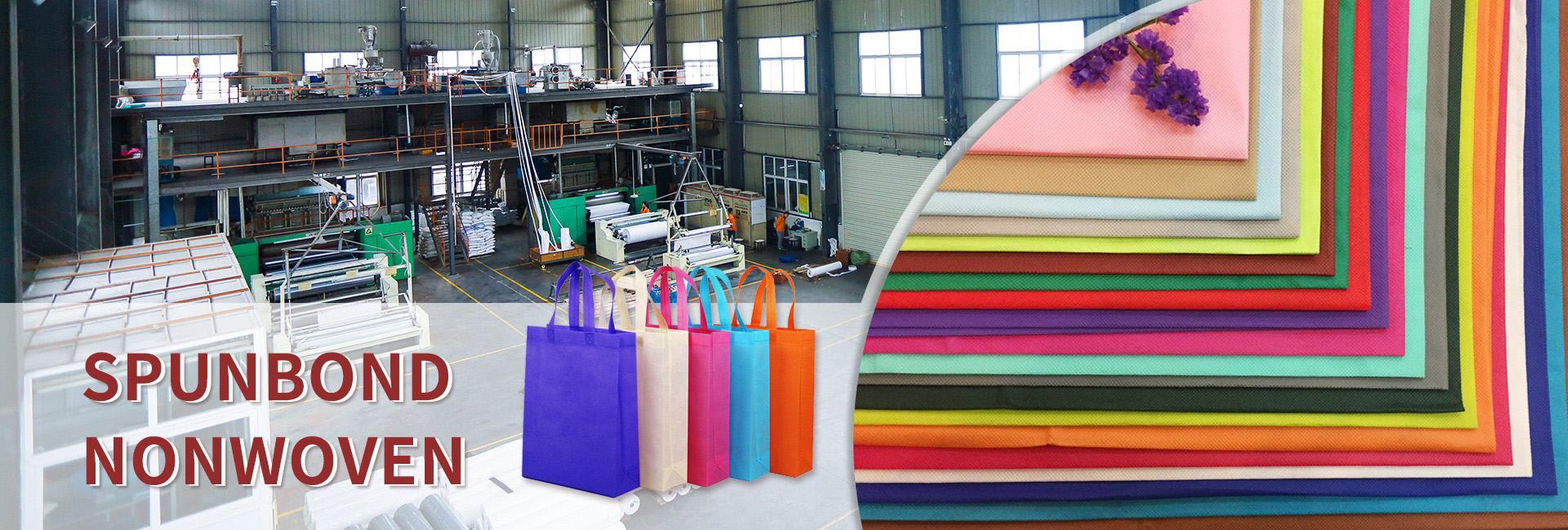The Supreme Court has dismissed a petition challenging the Tamil Nadu government’s order banning the production, storage, supply, transportation, sale, distribution and use of single-use plastic.
Justice S. Ravindra Bhat and Justice P.S. Narasimha has also directed the Tamil Nadu Pollution Control Board to review the ban on non-woven bags as per the revised rules.
The order was passed based on a petition filed by the Tamil Nadu and Puducherry Paper Cup Manufacturers’ Association against the Madras High Court’s July 11, 2019 judgment, which upheld the state government’s ban on “fortified” paper cups and non-woven plastic packaging. .
The Supreme Court held that the contention of the appellants has some merit in view of the fact that the 2016 revised rules now permit the manufacture and use of non-woven bags above 60 GSM.
The report notes that the central government has found a way to regulate the use of non-woven bags instead of banning them. The judge held that if a less severe limitation on the appellant’s rights under section 19(6) could be imposed, it should be upheld.
The TNPCB may reconsider the inclusion of non-woven bags in the single-use plastic ban based on an amendment to the 2016 rules, the Supreme Court said.
Regarding reinforced paper cups, the group cited a report from the Central Institute of Plastics Engineering and Technology which said that consumption of reinforced paper cups will be harmful to the environment as it will lead to the cutting of more trees and recycling will also lead to more pollution. pollute.
The Supreme Court also noted that fortified paper cups are used indiscriminately and discarded as disposable items, usually for drinking hot drinks.
Based on their composition, the cups appear to be non-biodegradable and can pose enormous challenges to recycling as it requires proper collection mechanisms and strict segregation.
The country’s Supreme Court has said that the state government’s policy decision to ban many categories of single-use plastics is scientifically based and in the public interest. Thus, there is no opportunity or reason for the court to intervene on the merits of the ban, he added.
The Court noted that although the rights enjoyed by the manufacturer under Section 19(1)(g) were limited, it was in the public interest to have a clean environment, the Court stated that under Section 19(6) this limitation was reasonable. ), he therefore upheld the High Court’s order.
ENC Network is part of ENC Private Ltd. Its state-of-the-art studios and editorial offices are spread over a 5-acre site in Sector 68 Noida, the media hub of the capital.
Post time: Nov-08-2023


